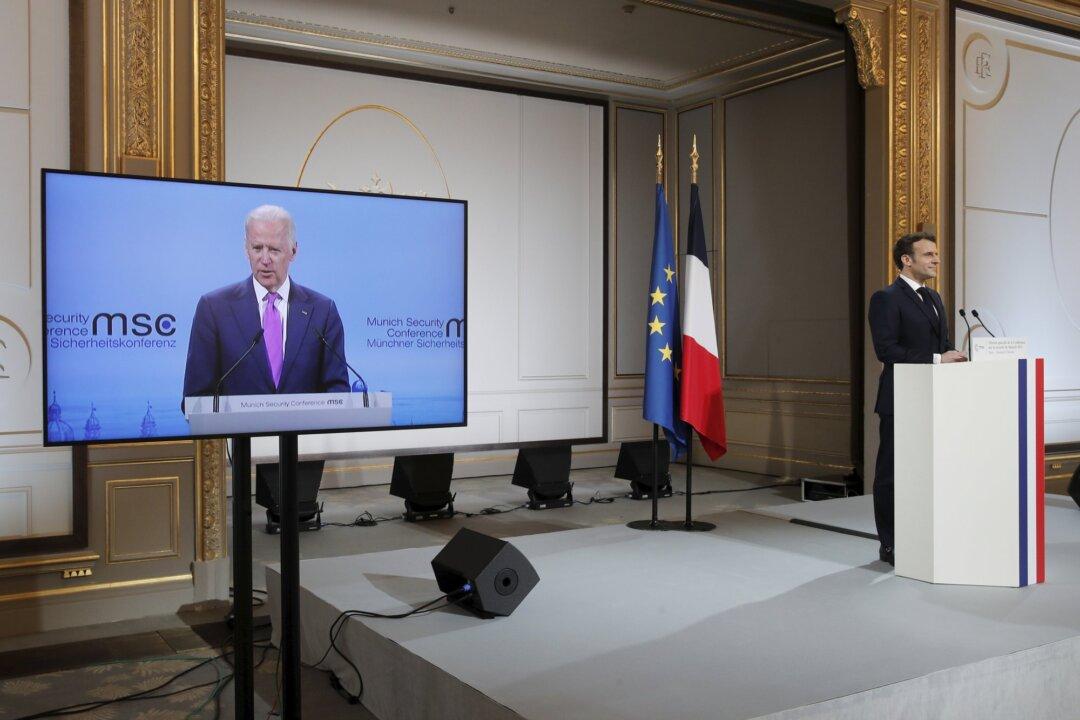The U.S. officially rejoined the Paris climate accord on Friday about one month after President Joe Biden signed more than a dozen executive orders on his first day in office, including to rejoin the global pact.
“We can no longer delay or do the bare minimum to address climate change,” Biden told European leaders during a video conference on Friday. “This is a global existential crisis, and all of us will suffer if we fail.”





